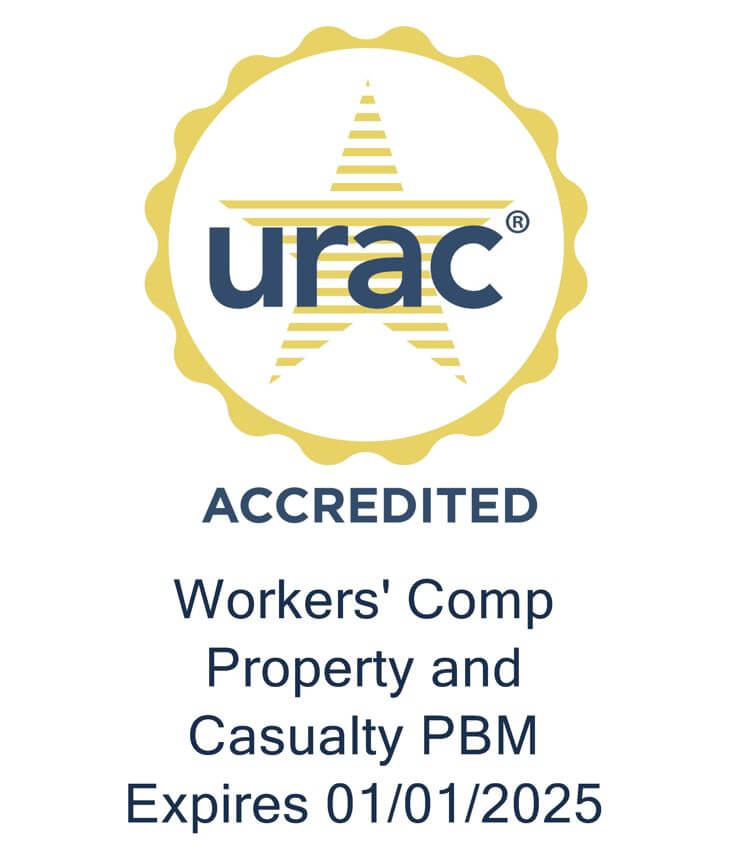It is well known that post-traumatic stress disorder (PTSD) is compensable in many states as a primary condition under workers’ compensation for certain high-stress occupations such as first responders, and as a secondary mental condition when PTSD results from a traumatic physical injury.
While the FDA recently Fast Tracked a new PTSD drug in development, there have been few advances in the treatment options for PTSD. However, a new body of research is looming on the horizon, and that is the potential use of methylenedioxymethamphetamine (MDMA), also known as the party drug “ecstasy” or “molly,” in special psychotherapy sessions for the treatment of PTSD.
The FDA has granted Expanded access to MDMA-assisted psychotherapy for PTSD, allowing select patients early access to this therapy, recognizing it a potentially beneficial investigational therapy for people facing a serious or life-threatening condition for who current options have not worked, and who are unable to participate in Phase 3 clinical trials.
Back in 2017, the FDA granted Breakthrough Therapy designation to MDMA-assisted psychotherapy for PTSD, agreeing on special protocol assessments for Phase 3 clinical trials. This designation demonstrates the FDA’s belief that this treatment could provide significant improvement over existing therapies.
The FDA’s confidence on this therapy was based on Phase 2 clinical trials where 56% of patients that underwent MDMA-assisted psychotherapy no longer qualified for PTSD after a two-month follow-up; approximately 12 months after MDMA-assisted psychotherapy, that number went up to 68%.
So how does MDMA-assisted psychotherapy work? According to an extensive article from The New York Times, MDMA-assisted psychotherapy involves three regular psychotherapy sessions. On the fourth session, the patient takes a pill of MDMA and lies in a relaxing area with two therapists (one male, one female) for an eight-hour session.
During this intensive session, the patient processes complex emotions and insights. The dosage of MDMA is believed to flood the brain with hormones and neurotransmitters that evoke feelings of trust and well-being, which researchers say allows patients to re-examine traumatic memories. During follow-up psychotherapy sessions, patients process the insights gained during their MDMA sessions; current protocol calls for patients to undergo MDMA-assisted therapy sessions two-to-three times, with each session a month apart and interspersed with more standard psychotherapy.
Researchers did not find MDMA or therapy alone to be as effective, believing the MDMA to be a catalyst that allows healing to happen.
Various members of the scientific community have found these findings to be valid. The Lancet Psychiatry found Phase 2 trials to show much promise, as did the journal Psychopharmacology, which supported expansion into Phase 3 trials.
Currently, the Multidisciplinary Association for Psychedelic Studies (MAPS), the organization conducting the Phase 3 trials, has two trials underway, both of which will be randomized double-blind, placebo-controlled, multi-site trials that assess the safety and efficacy of MDMA-assisted psychotherapy in 200-300 patients with severe PTSD.
The first trial, which as of September of 2019, has enrolled subjects in all 15 research sites, will randomize three sessions of either MDMA or placebo in conjunction with psychotherapy over a 12-week treatment period, along with non-drug preparatory and integration sessions. The primary outcome measure of the study is the Clinician-Administered PTSD Scale (CAPS-5), a semi-structured interview used in the majority of clinical trials for PTSD. Additional measures will be used as well.
The second trial is still in the recruitment stage, but according to ClinicalTrials.Gov, there are approximately 20 studies involving MDMA in various stages.






